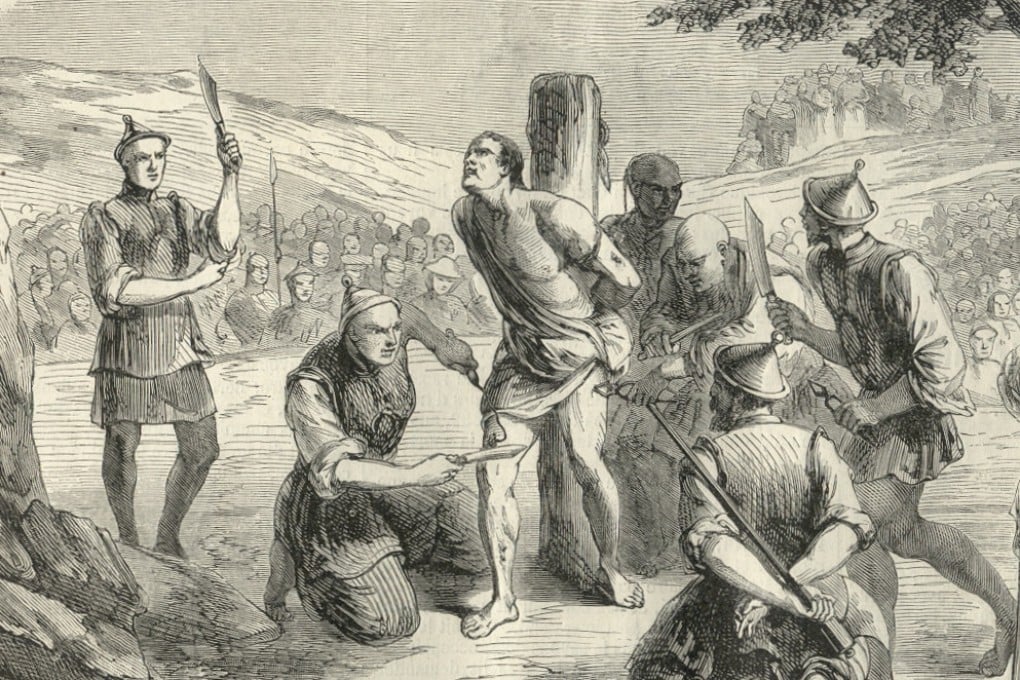Reflections | The Chinese history book that got 70 people executed, 14 very slowly via ‘death by a thousand cuts’
- In perhaps the most famous example of ‘literary inquisition’ in Chinese history, more than 1,000 people were punished for the publication of a Qing-era book
- Members of the author’s family, the editors, bookshop proprietors and buyers were all executed. The deceased author’s remains were exhumed and desecrated

On August 12, India-born British-American writer Salman Rushdie was seriously injured after he was stabbed multiple times at a literary event in the United States as he was about to give a talk on artistic freedom.
It’s a topic with which he is familiar: Rushdie’s controversial novel The Satanic Verses (1988), which many Muslims consider blasphemous, incurred the wrath of Iran’s late leader Ayatollah Khomeini, who issued a fatwa in 1989 calling for the writer’s death. The decree remains in force today and might have been responsible for the attack.
Many had suffered for the written word in China’s past. Wenzi yu, or literary inquisition, was an effective weapon wielded by the state to persecute writers and other members of the intelligentsia for perceived threats to imperial authority.
The Qing dynasty (1644-1912) was notorious for the heavy human toll of its literary inquisitions, the most famous of which was the one that involved the book Introduction to the History of the Ming.

It all began around 1650, when a wealthy man, Zhuang Tinglong, wanted to bequeath a legacy in the form of a historical monograph bearing his name.

